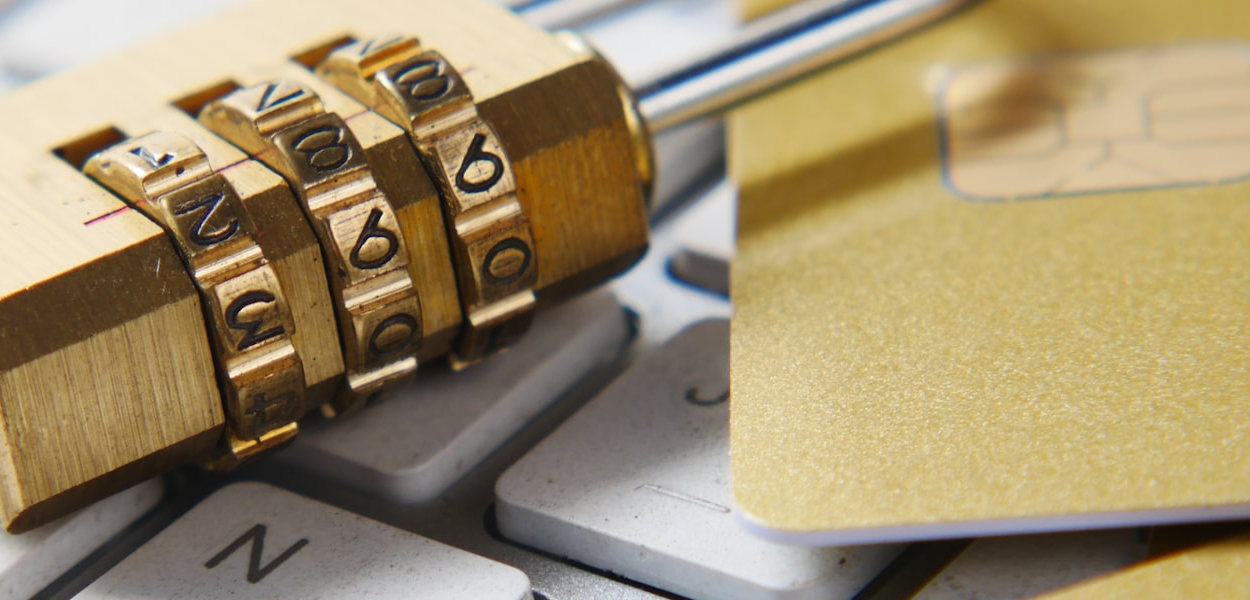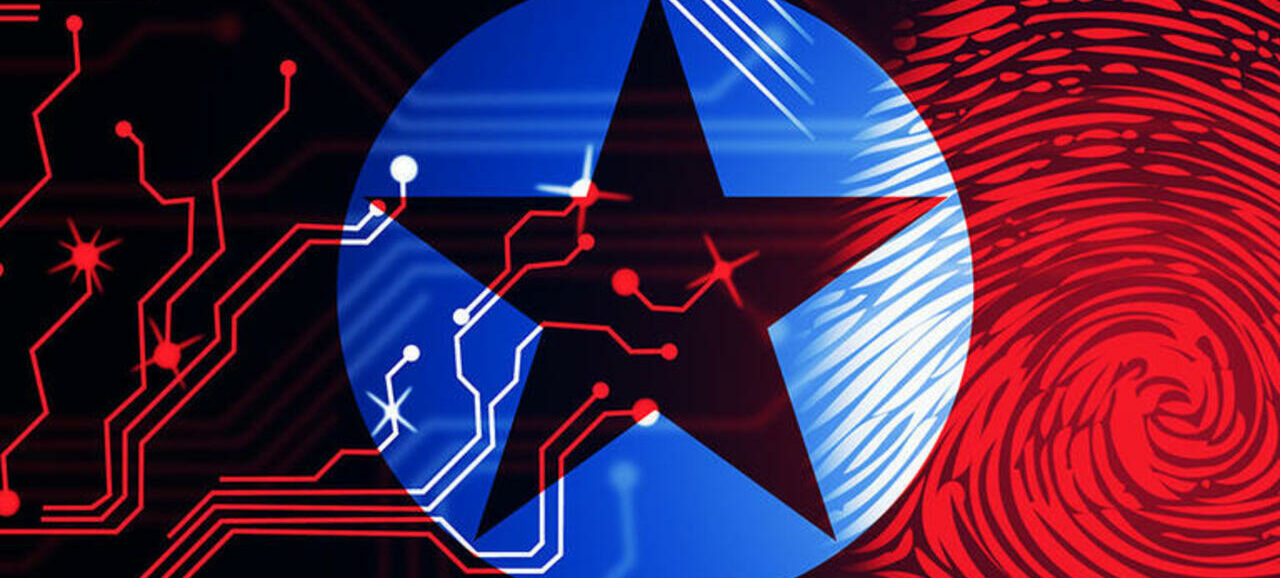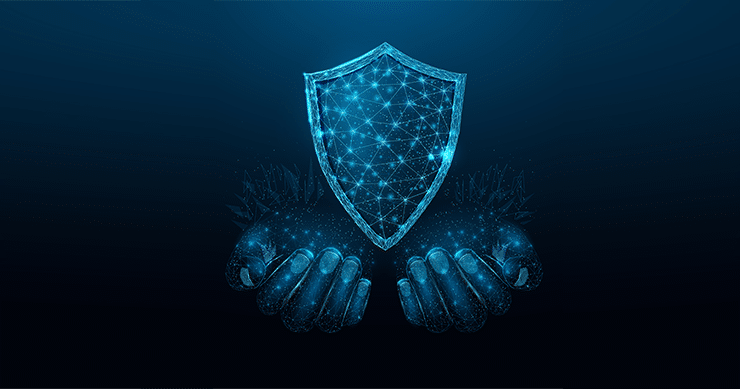Today is the #GlobalEncryptionDay, an initiative of the Global Encryption Coalition. To commemorate this day, we interviewed Ryan Polk, an expert in the field who has been advocating for encryption for many years. If you want to know more about how to use encryption in your daily life, today’s events, and the current threats…keep reading!

- What is your role in the Internet Society? What do you do on a typical workday?
I’m a Director of Internet Policy at the Internet Society where I co-lead our project to promote and defend the use of strong encryption. I organize advocacy campaigns against threats to encryption around the world and help manage and grow the membership of the Global Encryption Coalition. The Global Encryption Coalition is a network of organizations, companies, trade associations, and cybersecurity experts that the Internet Society helped launch in 2020 to help fight against threats to encryption. In a typical day, I might be drafting and organizing an open-letter against an encryption policy, performing media outreach, meeting with policymakers, or helping produce new content that encryption advocates can use to protect strong encryption. With encryption under threat worldwide, every week brings new challenges to face.
- We have seen the word “encryption” in some spaces such as national intelligence work and in some instant message apps. But, to be clear, what is encryption? Why could it be important for us as students?
At its core, encryption is the process of scrambling or enciphering data so it can be read only by someone with the means to return it to its original state. The strongest form of encryption is end-to-end encryption, since it means only the sender and intended recipient can read the message. No one else can read the message, not even the company offering the service.
Encryption keeps us safe. We rely on encryption to protect our lives every single day. You use encryption any time you use a credit card with a chip, the protocols that make the Internet work rely on encryption to protect your data, and any time you shop online you rely on encryption to keep your payment information safe. At the same time, encryption – especially end-to-end encryption – is vital for protecting at risk communities. LGBTQ_ individuals need strong encryption to protect their free expression in dangerous environments, domestic violence survivors may use end-to-end encrypted hotlines to reach out for help, and journalists and activists rely on encrypted tools to help safely hold power to account.
- Having encryption in our daily life looks like a basic thing to have. However, there are some governments that have talked about breaking encryption, or building backdoors to have access to encrypted information. Could you explain to us what their motivation is? And if there are current threats we should be aware of?
Since strong encryption ensures that no third party can gain access to the contents of an encrypted communication, some governments want to facilitate access to suspected criminal communications. These governments are attempting to pass laws and policies to demand access to encrypted data. Unfortunately, the consensus among experts is clear, there is no way to create access to end-to-end encrypted communications without undermining the security and privacy of everyone who relies on them. This would make us all less safe. But for marginalized communities who rely on end-to-end encryption for physical safety, the consequences would be incredibly dangerous.
In Europe, the European Commission is threatening encryption by pursuing regulations to combat the proliferation of illegal content. In their draft regulation, online platforms would be forced to scan user content for illegal content. While well intentioned, these requirements would force end-to-end encrypted platforms to undermine the security and privacy of their users to implement techniques to monitor and filter their user content.
- On October 21st we celebrate the Global Encryption Day. It seems like a cool activity to follow and participate in. Can you tell us more about this initiative and how we can participate?
October 21st is our second annual Global Encryption Day. It’s a global day of action where as citizens and a community we can stand up in support of strong encryption. Around this year’s Global Encryption Day, there are over 60 events being put on by members of the Global Encryption Coalition community, we’ve released new short documentaries telling the story of how encryption kept activists and journalists safe, and we are encouraging everyone to share their story on social media about how encryption protects their lives.
- Lastly, we would like to learn more about the work of the Internet Society on encryption. Could you explain more about this work? Any useful resources you can share with us?
The Internet Society is dedicated to keeping the Internet a force for good: open, globally connected, secure, and trustworthy. As part of this mission, we are focused on promoting and defending the use of strong encryption. Check out the encryption page on our website to learn more about the work we do, how encryption works, and the challenges the technology faces.



